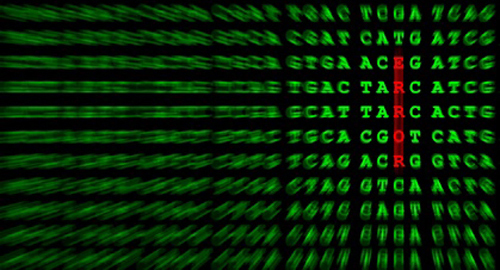SOLiD 4 System will be used to elucidate disease mechanisms, prognostic biomarkers, and drug targets.
Life Technologies and the University of California at San Diego Moores Cancer Center today announced a partnership to study chronic lymphocytic leukemia (CLL) using the company’s SOLiD™ 4 genomic analysis technology. The research is funded by the NIH, and the goal is to identify prognostic biomarkers.
The research team will comprise multidisciplinary scientists from Life Technologies and UCSD Moores Cancer Center, including physician scientists accomplished in clinical research, genomics, and bioinformatics/biostatistics. They will survey the whole transcriptomes of 96 CLL tumor samples for potential biomarkers.
The team will try to gain greater insight into the biological pathways and molecular mechanisms that regulate cell-fate decision, development, and disease progression. The investigators will also look for biomarkers that could help stratify patients into risk groups. These results could help future clinical trials designs. “We anticipate the accuracy of SOLiD 4 and its ability to analyze whole transcriptomes will help us identify longitudinal biomarkers, which can signal development of progressive disease after a variable inactive or benign period of time,” notes Kelly Frazer, Ph.D., founding chief of the new division of genome information sciences for the department of pediatrics at the UCSD School of Medicine. The program aims to also identify new potential targets for drug development.
In addition to CLL, the UCSD Moores Cancer Center research program is currently sequencing triple negative breast tumors, lung tumors, and primary central nervous system lymphomas using SOLiD technology. The SOLiD 4 System’s throughput, accuracy, speed, and flexibility allow researchers to generate up to 100 gigabases of high-quality mappable sequence data, according to Life Technologies.


